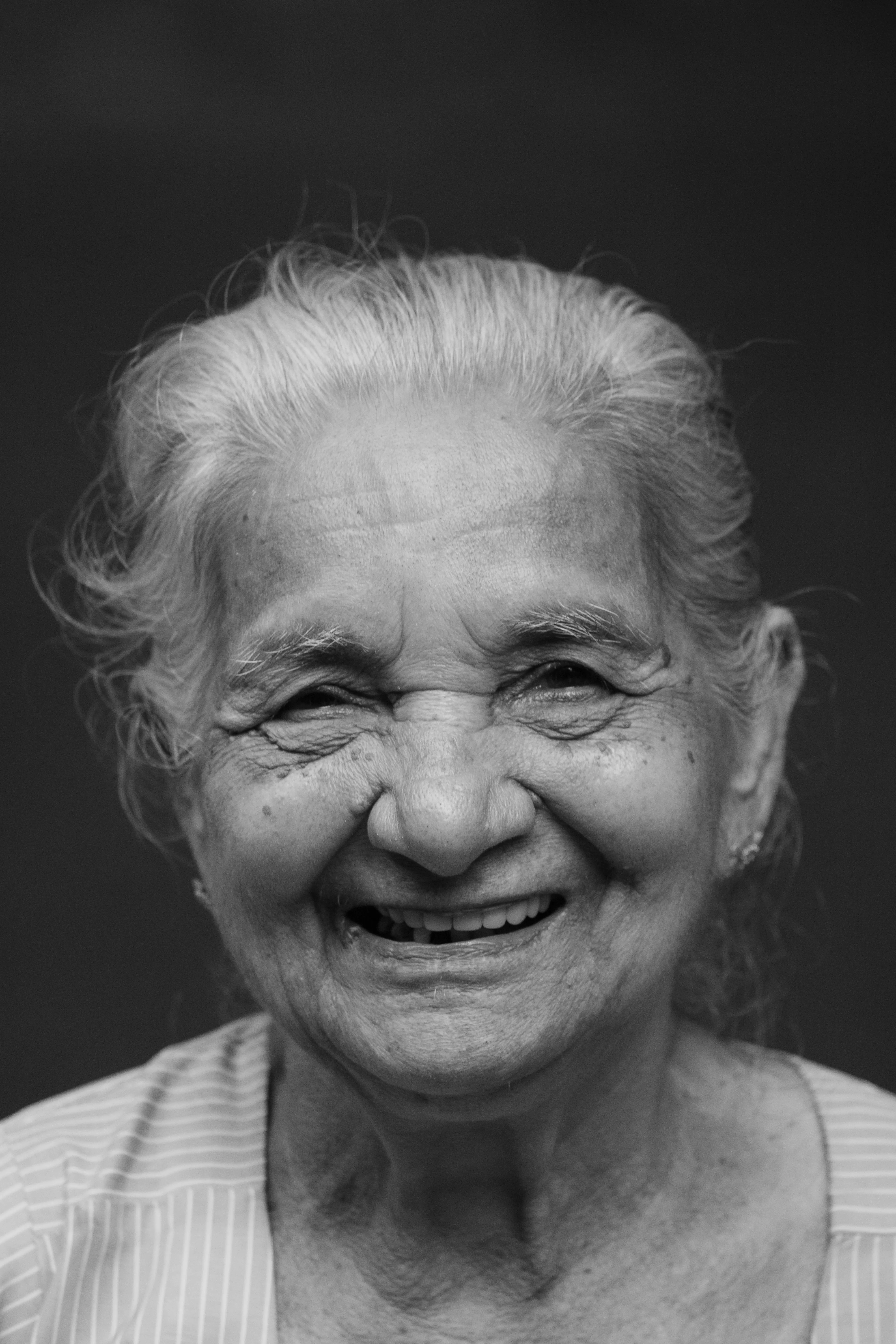AI Finds the Needle in the Alzheimer’s Haystack, Boosting Hope for Better Drugs

AI Finds the Needle in the Alzheimer’s Haystack, Boosting Hope for Better Drugs
Hunting for effective Alzheimer’s treatments has long been a game of trial and error, expensive, slow, and often frustratingly inconclusive. But now, thanks to advances in artificial intelligence, researchers at the University of Cambridge have found a way to speed up the process and potentially save years of effort.
By using AI to reanalyze data from a previous Alzheimer’s drug trial, the team was able to identify a specific subgroup of patients who responded positively to the treatment. This subgroup was hidden in the broader dataset, overlooked by traditional analysis.
“This approach could revolutionize how we design and interpret clinical trials,” the scientists said.
The study showcases how AI can sift through vast amounts of complex patient data, spotting subtle patterns that human researchers might miss. In this case, it revealed that while the drug didn’t help everyone, it was effective for some, a crucial insight that could reshape future drug development and patient care.
By streamlining clinical trials and targeting treatments to those most likely to benefit, AI may accelerate the development of therapies that truly make a difference in Alzheimer’s disease, a condition that affects millions worldwide and still lacks a definitive cure.
This breakthrough opens the door to personalized medicine approaches, where treatments are tailored to individual biology rather than a one-size-fits-all model.
With further validation, AI-powered trial analysis could cut costs, reduce patient risk, and bring hope to families waiting for breakthroughs.
It’s an exciting glimpse of how machine learning and human ingenuity together might finally crack one of medicine’s toughest puzzles.